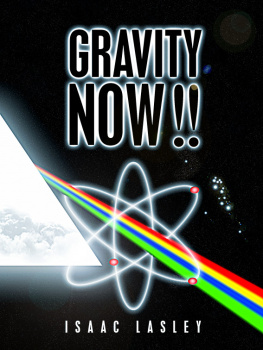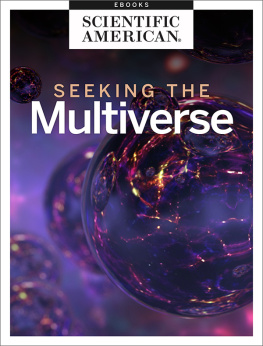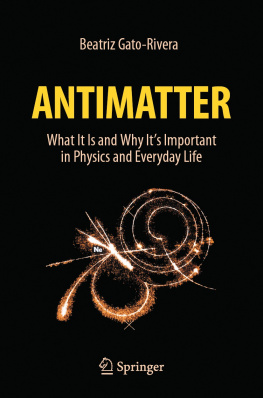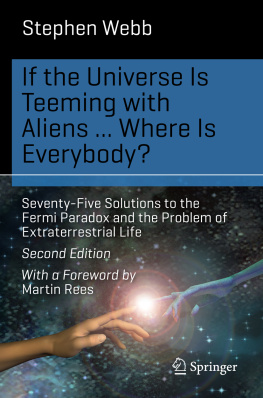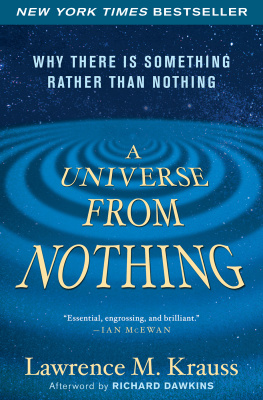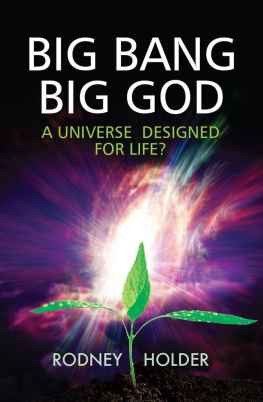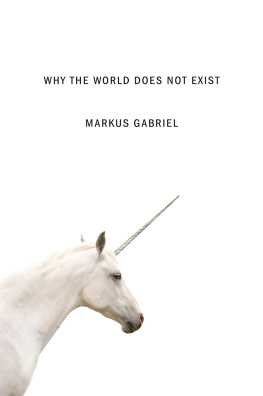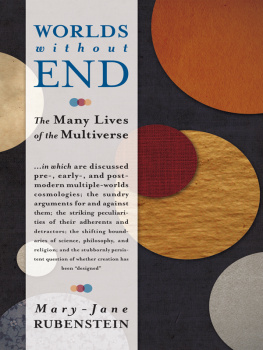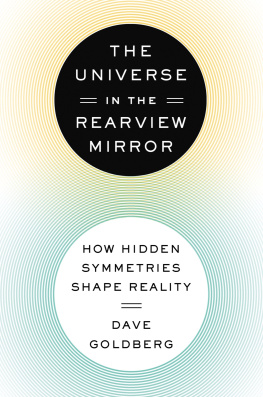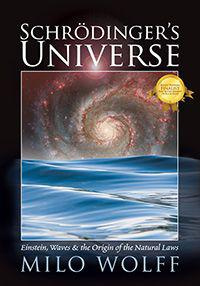ANTIMATTER
THE MYSTERY
WHAT ARE THINGS MADE OF?
One of the great pending issues of physics and of quantum mechanics is a strange idea that was born out of mathematics, quantum mechanics, and the nature of matter.
It is one of the most discussed issues in the history of philosophy since this discipline exists.
It is one of the issues that has generated the most discussion.
What are things made of?
And the list of answers is, of course, endless. It is also one of the best known and had an enormous influence, even in politics and religion.
The four elements. All things in the universe are made of proportional mixtures of the four fundamental elements that are water, air, earth, and fire.
Supposedly, the things in the sky seemed to be made of a different material that does not exist on earth, the quintessence.
When you talk about a quintessential argument or a quintessential idea you are talking about something very high, ethereal, that belongs to the heavens. something very pure.
This idea of the existence of the four elements, which was in turn inspired by the existence of four cardinal points and other types of coincidences that do not really have any meaning, ended up deciding, for example, in some of the first councils of the nascent Catholic Church, how many of the gospels would be considered acceptable, that is why only four stayed, and this generated a long, very long series of discussions. And with similar arguments, but by other intellectual paths, decisions were made that have even had to do with the political structure of some countries.
Thus, this discussion of what matter is made of has exceeded the limits of philosophy and invaded many other intellectual and practical territories in some cases.
More recently, particularly in the 19th century and then into the 20th century, having an accurate knowledge of the nature of matter with the help of Science enabled us to create the first modern industries. The first modern industries based on scientific knowledge had to do with chemistry.
The industries of dyes, fuels and medicines in the late 19th century based on what we knew about the nature of things, and from that point on it became clear to us that knowing the true nature of matter was of strategic importance.
This became especially notable in WWI, when it became clear that dominating the world of atoms was crucial to the war effort.
FRITZ HABER
The development of explosives taking nitrogen out of the air, which began in Germany and England, had a huge impact. In the case of Germany, the process was largely developed by Fritz Haber.
Haber, a super brilliant guy, allowed Germany to make explosives synthetically. The usual sources for the manufacture of explosives had closed the doors to Germany.
At that time, explosives were manufactured mainly from natural fertilizers, Guano, (bird and bat excrement) and this is not found in any country in the world, there were only a few countries with enough Guano to be able to export it by tons, and access to that material was denied to Germany.
Germany was able to continue the war effort in World War I thanks to the development of the Haber process.
On the other hand, thanks to this advance, it was possible to produce brutal amounts of fertilizers, and this allowed to increase food production in a scandalous way.
In the 20th century, it has been said that more than half of the human species eats thanks to the Haber process.
The same technology that has served to kill has served to sustain the lives of billions of people.
JAIM AZRIEL WEIZMANN
On the English side, there is the case of Weizmann, a very intelligent and very capable chemist who also allowed England to develop artificial explosives when it was encircled by German submarines.
Thanks to Weizmann's work, it was possible to manufacture explosives that were crucial for the proper functioning of the British Navy, which used a peculiar type of explosives to launch its grenades at great distances, without the ships' guns wearing out, and because of that England was able to stay alive during the German blockade.
Thanks to that they won the war.
When Weizmann was asked what reward, he wanted for inventing this process, a noble title, money ... he asked for a piece of land for his people.
Weizmann (the name is probably familiar to you) was the first president of the Jewish State, which owes its existence to chemistry, and of course all the difficult circumstances of the Middle East are related to this.
HENRI BECQUEREL
To this is added the case of Henri Becquerel who discovered by accident that a stone, rich in a chemical element little known at that time, uranium, emanated a brutal amount of energy, enough to veil photographic plates.
In a relatively short time, we discovered how to suddenly release the energy that uranium releases over billions of years and develop the first nuclear weapons first and thermonuclear later. And that, of course, has had a very important impact on international politics. Since then, knowing what matter is made of is something very practical, something that has enormous relevance for society, and every time a new discovery is made about the nature of matter, spectacular things happen.
Quantum mechanics is a discipline that explains how very small things move and reveals unexpected aspects of the nature of that matter, and because of that, microelectronics, the internet, among other things, developed. More than 30% of the Gross Domestic Product of the planet depends on quantum mechanics. Today it is a discipline that explores the nature of matter.
All of this is to justify the importance of understanding what matter is made of, but there is another more or less immediately practical but much deeper detail, probably the most dramatic, most moving, most powerful discovery made by the human species in all its history. And this is knowing that the universe had an origin and that it is evolving. This discovery is so great that we have not yet been able to absorb it.
Most people hear this about the origin of the Universe, and it is exciting, but it does not move as it should.
WHY DO THINGS EXIST?
Thanks to this knowledge we began to explore possible practical answers to questions that for a long time were considered unanswerable, why does something exist instead of nothing? why do we exist? why do things exist?
And few questions can be deeper than these and more exciting. We are so immersed in the hustle and bustle of daily life that we do not take the time to internalize this fact.
Now we can begin to answer the most fundamental questions that may exist, for example, is the Universe eternal? We know that not in the past, because it had an origin, the universe is not eternal, it could be of infinite duration from now on, but not in the past, and we can demonstrate it, and we can observe it.


